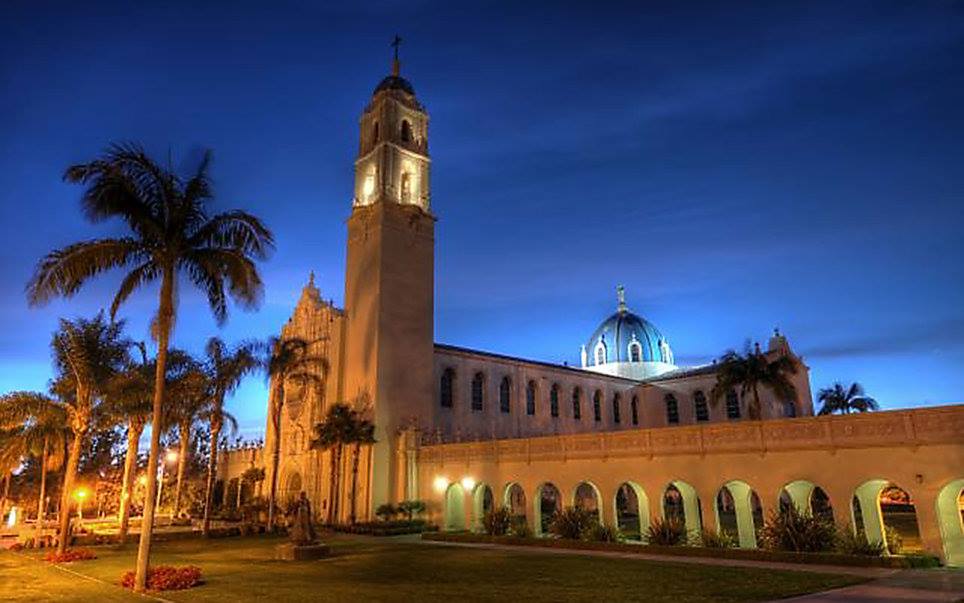Daily Business Report-Aug. 14, 2017
The University of San Diego campus. (Photo courtesy of USD)
Princeton Review Names USD
The Most Beautiful Campus in the Nation
The Princeton Review names the University of San Diego the nation’s Most Beautiful Campus in the 2018 edition of “The Best 382 Colleges.”
The 26th annual survey of 137,000 students across the country also recognizes USD as one of 24 colleges or universities on their Green Honor Roll.
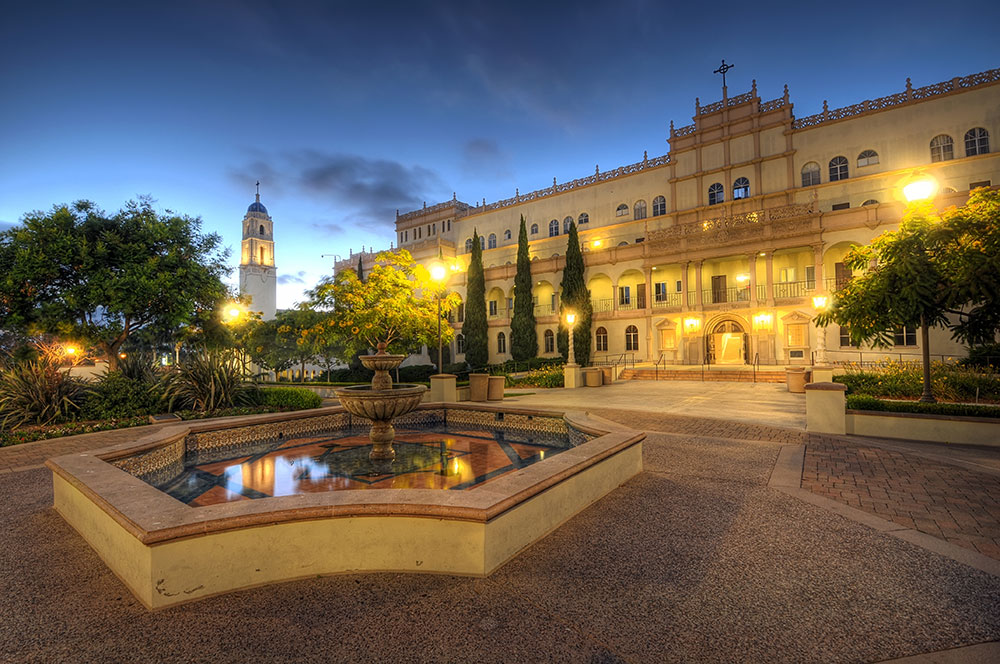
In 1949, USD co-founder, Mother Rosalie Clifton Hill, superior vicar of the Society of the Sacred Heart, told her fellow RSCJ Sisters there are three things that are significant in education: beauty, goodness and truth.
“Beauty will attract them; goodness will lead them; but the truth will hold them,” she said. For Mother Hill, the search for truth was the end goal or purpose of the university.
“Today, nearly 68-years later, Mother Hill’s vision continues to guide our campus community,” said USD President James T. Harris III. “When I arrived here in 2015, I was astounded by the beauty of our 180-acre campus. Every building including residence halls, academic facilities, parking structures, theaters, dining halls and gymnasiums feature this remarkable and timeless Spanish Renaissance architecture, and truly spectacular gardens. As you walk around the campus, you will find students engaging together while enjoying the beautiful surroundings. It is a very special place.”
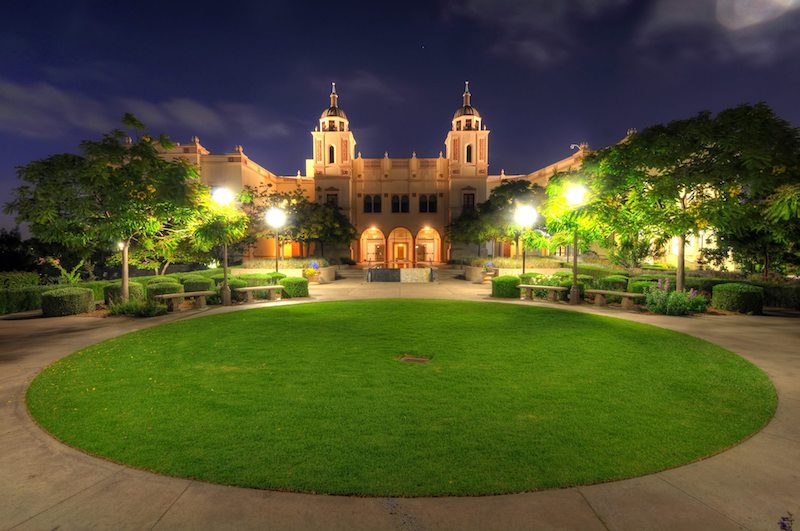
In addition to being named the Most Beautiful Campus, The Princeton Review also recognized USD in other categories including:
- The Best 382 Colleges
- Best Western
- Green Colleges
- Best Campus Food, No. 18
- Little Race/Class Interaction, No. 18
- Most Popular Study Abroad Program, No. 13
_____________________
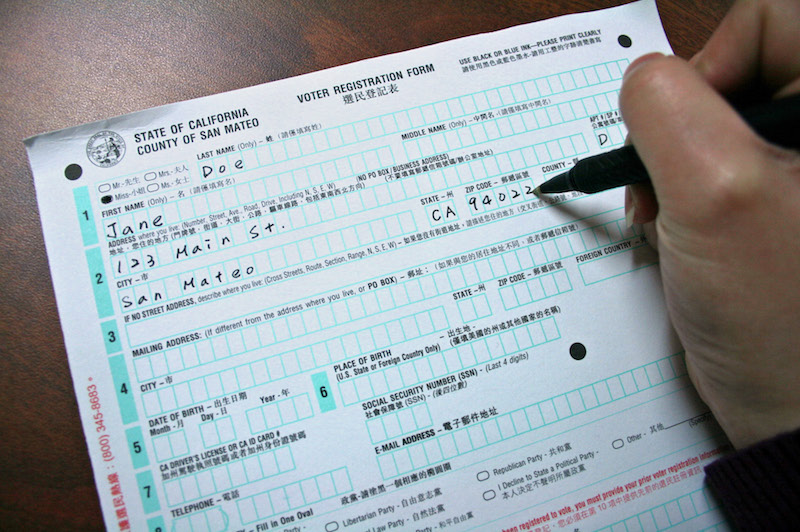
Fake News: California Voting Rolls
Are Riddled With Ineligible Voters
By Dan Walters | CALmatters Columnist
Travis Allen, a Republican assemblyman from Orange County and self-anointed candidate for governor, dropped this Twitter bomb the other day: “11
counties in California have more total registered voters than citizens over the age of 18. How is this possible?”
As a matter of fact, it isn’t possible. Allen’s tweet just parrots a subtle falsehood that California’s voter rolls are packed with countless names of people who either don’t exist or are ineligible to vote.
Such assertions in California and other states are the fallacious basis for President Donald Trump’s crusade, via a presidential commission, to root out what he claims is massive voter fraud, but that no one, save himself and his sycophants, believes exists. On Aug. 1, a conservative, Washington-based organization called Judicial Watch sent a letter to California Secretary of State Alex Padilla, demanding that he clean up the state’s voter rolls in compliance with federal election law.
Judicial Watch alleged “strong circumstantial evidence” that at least 11 California counties have more registered voters than they have American citizens over the age of 18, the fundamental threshold of voter eligibility. The highest cited was 138 percent in San Diego County.
“Allowing the names of ineligible voters to remain on the voter rolls harms the integ
rity of the electoral process and undermines voter confidence in the legitimacy of elections,” Judicial Watch told Padilla, threatening a federal lawsuit if he didn’t act.
Breitbart, a right-wing “news site” that’s closely aligned with Trump, quickly publicized the Judicial Watch letter in an article that described Padilla, correctly, as “one of the main voices in opposition” to Trump’s “election integrity” commission, refusing to provide voter data it had been demanding.
Allen evidently relied on Judicial Watch and/or the Breitbart piece for his tweet, without attribution.
Were Judicial Watch’s allegations accurate, it certainly would be, of course, a serious scandal and would undermine voter confidence. However, they bear almost no resemblance to reality.
The Census Bureau provides the basic data about potential voters by calculating how many residents of the state, and of each county, are citizens over the age of 18. Election officials then adjust the estimates incrementally to account for population growth.
Currently, 24.9 million of California’s 39 million residents are adjudged legally eligible to vote and 19.4 million — or 77.9 percent — are registered. Individual counties range from a low of 58.68 percent in Merced County to 88.28 percent in Marin County.
So how did Judicial Watch come up with 11 counties having more than 100 percent of their eligible populations on the voter rolls. It added the counties’ “inactive voters” — names of those who have voted sometime in the past but have been dropped from current registration rolls — and carelessly branded them as registered voters. However, those inactive voters are just names, now about 5 million statewide, and any that seek to actually vote again must prove their eligibility and, in effect, re-register. Most are no longer living in the counties where they had once voted, which explains why adding registered voters and inactive voters together could total more than 100 percent.
“They are using bad math and flawed methodology,” Padilla said in a statement, adding that maintaining the inactive voter files complies with federal voting laws to avoid eligible citizens from being administratively disallowed from voting.
At any rate, there’s nothing there to justify Judicial Watch’s injudicious allegations and lawsuit threats. It is, quite literally, fake news.
CALmatters is a public interest journalism venture committed to explaining how California’s state Capitol works and why it matters. For more stories by Dan Walters, go to calmatters.org/commentary
_____________________
Government Lobbying Government
The stereotype of lobbying is that it’s the exclusive domain of corporations and organized labor, groups spending huge sums of money to quietly but firmly flex their political muscles in Sacramento. But the data don’t bear that out. It’s California’s local governments — cities, counties and scores of other agencies — that spend the most of any sector to influence the outcome of events at the state Capitol.
Almost 400 local government groups have lobbyists, and they run the gamut from large cities to rural counties. San Diego County spent $512,956 lobbying in Sacramento in the first half of this year.
It’s government lobbying government, and it’s paid for with taxpayer dollars. — The Los Angeles Times
Read more…
_____________________
San Diego Tops Economic Well-Being Rankings
When it comes to well-being, San Diego is doing just fine. Actually, better than fine. Among the top 100 most populous U.S. metros, San Diego ranks fifth when it comes to well-being, an indicator based on the United Nations’ standards on metrics including economic growth, education, gender equity, poverty and more.
_____________________
UC San Diego Dinner in the Library
to Feature Best-Selling Author Patchett
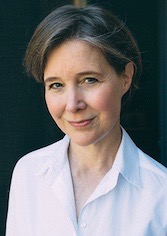
She first took the world by storm as an international best-selling author. Then, she became known as a fierce champion of the corner bookstore, those nearly extinct havens for bibliophiles who cherish the opportunity to talk about and be around books. Ann Patchett will share her remarkable life and work as a New York Times bestselling author, independent bookstore owner and literary advocate on Friday, Sept. 8, as part of the University of California San Diego’s Dinner in the Library, an annual benefit to support the UC San Diego Library.
“An Evening with Ann Patchett” will take place in UC San Diego’s iconic Geisel Library building from 6-9:30 p.m. All proceeds will support the Geisel Library Revitalization Initiative, an initiative to transform and revitalize the interior public spaces of Geisel Library. Because of the significance of the initiative to student learning and the campus overall, Chancellor Pradeep K. Khosla will match gifts raised up to $1 million, doubling the impact of donations.
_____________________
Personnel Announcements
Jacqueline Silverman Takes Reins of San Diego Art Institute
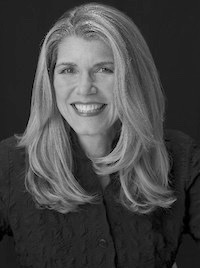
The San Diego Art Institute announced the appointment of Jacqueline Silverman as its new executive director. Silverman takes the helm today.
Silverman is a nonprofit arts management professional who has worked with social service and arts organizations in San Diego, New York, Palm Beach, and Chicago for the past 30 years. Since coming to San Diego in 2000, she served as executive director of the San Diego Center for Jewish Culture, San Diego Performing Arts League, and most recently led the San Diego Jewish Film Festival as interim director.
“We are delighted with Jacqueline’s appointment,” said SDAI Board Chair Bruce Tall. “She brings us broad expertise in strategic leadership, community engagement, innovative programming, and fund development.”
Since 2014, the institute was led by Ginger Shulick Porcella, credited with transforming the nonprofit into a dynamic contemporary cultural center by exhibiting cutting-edge emerging and established contemporary artists from the bi-national region.
“I’m thrilled about continuing the trajectory created by Ginger and sustained so successfully by the staff since her departure,” said Silverman.
_____________________

‘Hamlet’ Opens at the Old Globe
Revenge thriller, ghost story, psychological drama, political epic, family saga. Packed with unforgettable characters, theatrical masterstrokes, and world-famous lines, “Hamlet” — one of the greatest plays ever written — has opened at the Old Globe Theatre. The production in the Lowell Davies Festival Theatre runs through Sept. 10.
Click here for more information.

